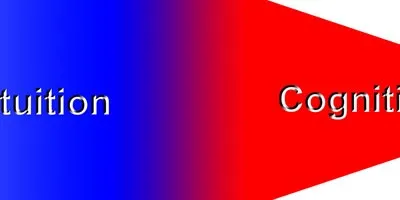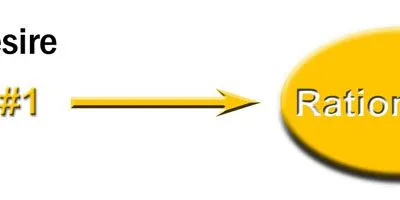“Who We Are” is Different From “Who We Think We Are”
Posted on14 Feb 2011
Tagsiceberg, friends, crisis, conscious, Challenge, market research, who we think we are, who we are, Thoughts, subconscious, quality service, potential, personal world, parents, outer world
Comments0
As I had mentioned in a previous post, who we are (WWA) is different from who we think we are (TWA), an... Read More
Beauty as Power
Posted on08 Nov 2010
TagsA Beautiful Mind, action, approaches, Battle of Little Big Horn, beauty, Beauty as Power Series, blue heron, car, feminine, force, General George Custer, Influence, intangibles, intuition, magnet, patience, power, problem solving, superficial, trap
Comments2
Looking at beauty as power is important in understanding and appreciating intuitive approaches because it dramatically expands the influences and solutions we... Read More
Arbitrariness: The Cornerstone of Conditions
Posted on23 Sep 2010
Tagsknowledge, decisions, democracy, emotions, evalute, first, house, Influence, intuition, conditionality, numbers, Personality, perspective, problem solving, question, second, subjective, third, absolute, arbitrariness, assumptions, build
Comments2
Arbitrariness & First, Second, Third Arbitrariness is vital to intuitive problem solving because it’s related to subjectivity which is related to personality... Read More
Definitions, Connotations and Personality Assessment
Posted on13 Sep 2010
Tagsapproaches, collaboration, connotations, context, definitions, dominance, feelings, humanistic, impression, intuition, logic, Personality, perspective, phraseology, planning, quality, quantity, spectrum, subjective, Thoughts, understanding, word choice
Comments1
Word choice and phrasing (phraseology) are simple ways we can assess personalities. As I’ve said in previous postings, everything we think, do... Read More
The Rise of Intuition
Posted on09 Sep 2010
Tagsadvancements, biotechnology, BNET Blog, cognition, communications, decisions, emotions, feelings, illusion, Influence, intuition, knowledge, leadership, management, nanotechnology, Psychology Today, rationale, sales, scientific, sensors, uncertainty, unknown, wants
Comments1
The other day a colleague forwarded this link to the BNET blog speaking to intuition. Embedded in it was a link to... Read More
Difference Between Instinct and Intuition in Decisions
Often, I’m asked about the difference between instinct and intuition. Part of what makes the question hard is gender bias. Men prefer... Read More
How Intuition Influences Thought Processes All The Time
Posted on26 Jul 2010
Tagscognition, emotions, feelings, Influence, intuition, restaurant, subconscious, thinking process, Thoughts, compass intution analogy
Comments1
Intuition influences thought processes all the time. Many times people just don’t know it. As behavioral economics and other social-related sciences are... Read More
Shopping for Rationales to Justify Wants and Desires
Posted on14 Jul 2010
Tagsapproaches, cognition, decisions, desire, emotions, intuition, justification, knowledge, Personality, problem solving, rationale, subconscious, want
Comments2
Virtually all of our decisions are emotionally based. Therefore, as we saw in my previous posting, Decisions: Roles of Intuition and Cognition,... Read More
An Intuitive Understanding Of Weaknesses in the Scientific Method
Posted on07 Jun 2010
Tagslaboratory, scientific, relationships, reality, prove, product, process, problem solving, morale, leadership, innovation, guarantees, experiment, emotions, business, belief
Comments0
Weaknesses in the scientific method cause its usefulness to fall far short of people’s belief in it. In other words, hype exceeds... Read More
Problem Solving: Practical Advantages of Intuition
Posted on13 May 2010
Tagsmoney, training, sympathize, service, scientific, problem solving, practical, power, personal, objective, moral, listen, intuition, Influence, example, employees, emotions, effective, compliments, command
Comments1
Intuition’s most practical advantage to problem solving is the enhanced sphere of good solutions it offers. Generally, this sphere will produce five... Read More






